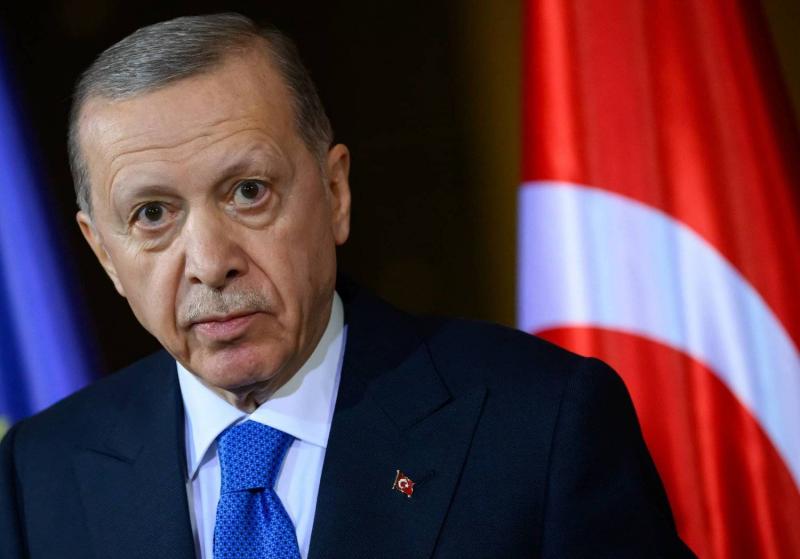Turkish President Recep Tayyip Erdoğan does not hide his discontent with the Turkish Constitution, despite the amendments he oversaw, as they did not satisfy his deep desire for a "fundamental" change that would eradicate what he describes as the "spirit of guardianship" established by the founders of the "Republican" Turkish Constitution. It is essential to note that we are now in the year 2024, marking the centenary of the fall of the Ottoman Empire, or the "Caliphate," a significant anniversary indeed.
A few days ago, President Erdoğan reiterated his determination to draft a new constitution for the country, stating that the current constitution, which he believes embodies the spirit of coups and guardianship, cannot carry Turkey into its new century and that he does not seek it for personal reasons. Erdoğan asserted that the current constitution "does not suit the new Turkey," and despite all the changes made, they have not succeeded in eliminating the spirit of guardianship.
We can believe President Erdoğan’s words and state that he seeks only the benefit of Turkey and not for personal or party interests, suggesting he harbors a studious agenda planned in stages, while rejecting all doubts and suspicions—the notion that some suspicion is a sin and a fabrication. The man is sincere, and his intentions are clearer than raindrops on the peaks of the Asir Mountains!
However, why do we not apply the same clear perspective and assume honest intentions in considering the public good towards the speech of the Emir of Kuwait, Sheikh Mishal Al-Ahmad Al-Jaber Al-Sabah, whom he recently addressed to Kuwaitis, outlining a new roadmap for the future? Sheikh Mishal, the esteemed elder in Kuwait, stated in his historic speech regarding the reform of the Kuwaiti Constitution that it is necessary to "correct the course, address the deviations, and fill the gaps revealed by the practical application of its provisions over the past 62 years without amendment."
In his address, the Emir of Kuwait highlighted that "the Kuwaiti Constitution can be amended and reconsidered after five years of being in force, indicating the sagacity and foresight of the members of the Constituent Assembly... So how can constitutional amendments be frozen when there is allowance for reconsideration of its provisions?"
Why do some followers of the "Muslim Brotherhood" inside and outside Kuwait, along with supporters of Shiite Islamist movements in and outside Kuwait, along with a group of those benefiting from the previous situation, allow for questioning the sincerity of the royal address and the legitimacy of these steps (at the same time they defend Erdoğan's repeated actions) regarding the Kuwaiti constitution or align themselves with those who defend Erdoğan's approach?
Let us set aside the essential and substantial differences between the Kuwaiti and Turkish regimes. How do you rule?




